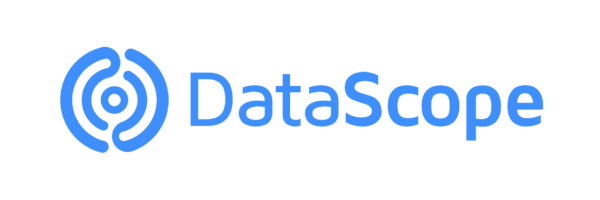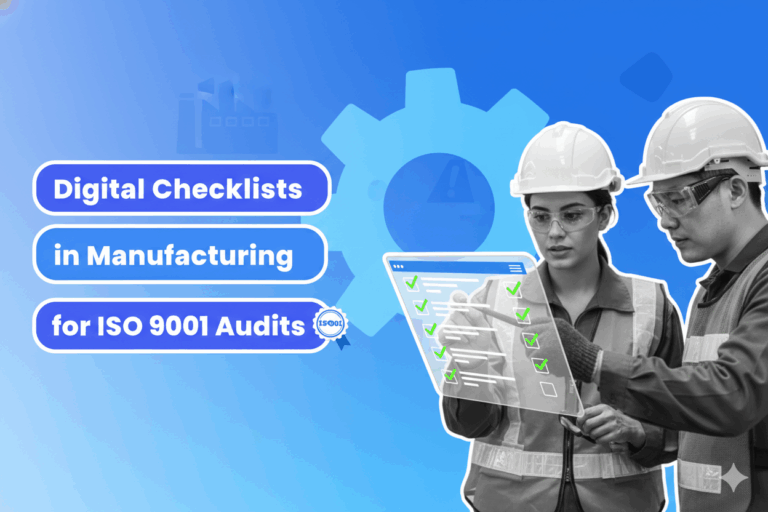Quality certifications such as the classic ISO 9001 are proceedings by which a company provides a written warranty that a product, process or service from another company complies with certain quality requirements. And who could say otherwise? For many reasons, quality certifications are the best allies any organization can boast.
According to the website Commercial Integrator, certifications -including quality certifications– provide many tangible benefits to companies, including:
- Industry certifications provide professional credentials and a method of recognizing accomplishments, knowledge level and skills within the industry as well as by the outside world.
- The result of certifications is improved job performance through increased knowledge and pride in working to an industry recognized standard of knowledge.
- Certification organizations provide a venue for members to network with other industry professionals fostering a sharing of ideas, techniques, and information that allows for not only personal improvement, but improvement of the industry as a whole.
- Ultimately, a certification program can increase company differentiation from competitors.
Digitalization of quality certifications
Issued by different certifying bodies, certifications can vary greatly, most of which require intense paperwork. Quality certifications aren’t the exception.
Luckily the advent of Internet and the technological progress have facilitated things greatly in terms of management of paperwork with the public administration and the different certifying bodies.
Apart from that, each year more and more employees and company executives interact with information systems through their smartphones or tablets, and therefore there is a need to allow mobile forms for quality certifications on these devices.
There are many companies required to certify their productive processes with different certification entities before their products get approved to go to the market, a time demanding process considering the paperwork needed to complete them. The certification bodies demand traceability of products, and that is done in a paper format. Hence paper forms which support these quality certifications can be digitized, in order to have them all in one place.
Quality certifications and the advantages of digital forms

As the blog Gedesco.es points out, the advantages of moving from paper forms to digital forms are obvious.
For example, when these companies are audited, there is no need to go through piles of papers to find the requested documents. Instead, filters can be applied (date, user, name of the form) to find them immediately. This represents significant time savings.
Secondly, human resources departments gain efficiency since there is no need for company employees to devote his time to go to the archive and consult the physical files one by one to find the quality certifications they need.
At last, digital forms provide extra time to collect the necessary information and avoid risks such as submitting the information late. All this in turn, represents important economic savings for corporations.
In short, digital forms (such as the ones provided by DataScope) are ideal to save time and resources when finding quality certifications, since a process which used to take hours, now takes just a few minutes.
DataScope is a platform which allows various industries to streamline, organize and evaluate the work of their field staffs thanks to online forms which provide real time indicators 100% adaptable to any field.






